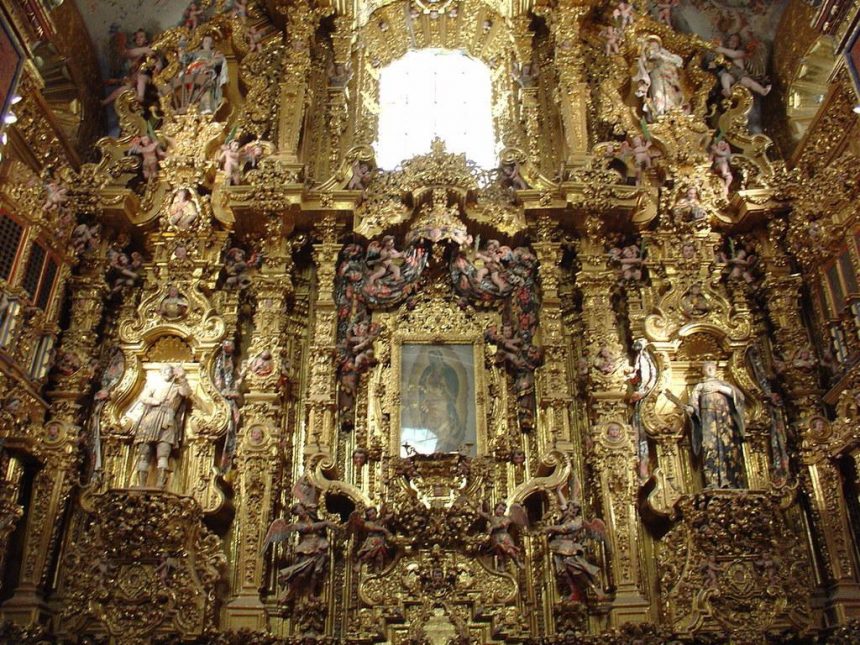The Franz Mayer Museum brings you the online lecture “Baroque: History of a Concept” on Thur., Mar. 18, from 6 p.m. to 8 p.m. Attending the conference is completely free and it can be accessed through the Franz Mayer Museum Facebook page.
The Baroque period in western history was a cultural movement that found a new way of conceiving art. It produced works in many artistic fields: literature, architecture, sculpture, painting, music, opera, dance, theater, etc. It was manifested mainly in Western Europe, but because of colonialism it also spread throughout many of the European colonies, particularly in Latin America. The movement spanned the entire 17th and early 18th centuries, with a greater or lesser time extension depending on the individual country. It’s usually placed between Mannerism and Rococo, at a time characterized by strong religious disputes between Catholics and Protestants. It was also a time marked by political differences between absolutist and parliamentary states, where an incipient bourgeoisie was beginning to lay the foundations of capitalism.
Sara Baz received her doctorate in History at El Colegio de México, a master’s in Historiography of Mexico at UAM, a teaching degree in Art Studies from Universidad Iberoamericana and a graduate degree in Art History from the same institution in 1998. Since 1999 she has been a teacher, researcher, documentary filmmaker, and coordinator of more than 30 national and international exhibitions.
This year marks the Franz Mayer Museum’s 35th anniversary. To celebrate this event with the museum’s entire community, a cycle of 10 conferences has been organized in order to revisit the European and New Spanish collections of the 17th and 18th centuries. Register for free at https://franzmayer.org.mx/actividades/barroco-historia-de-un-concepto/

